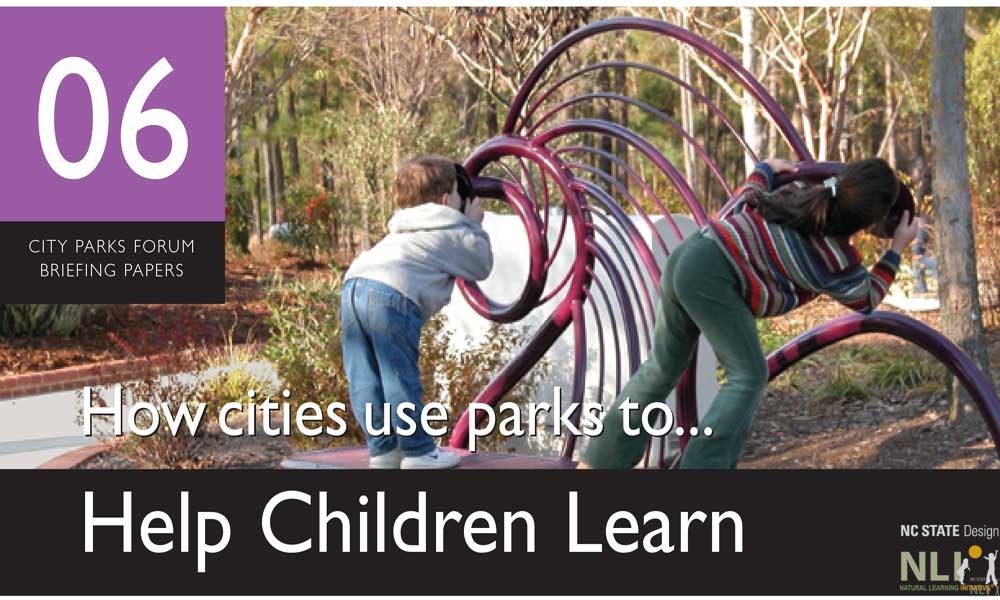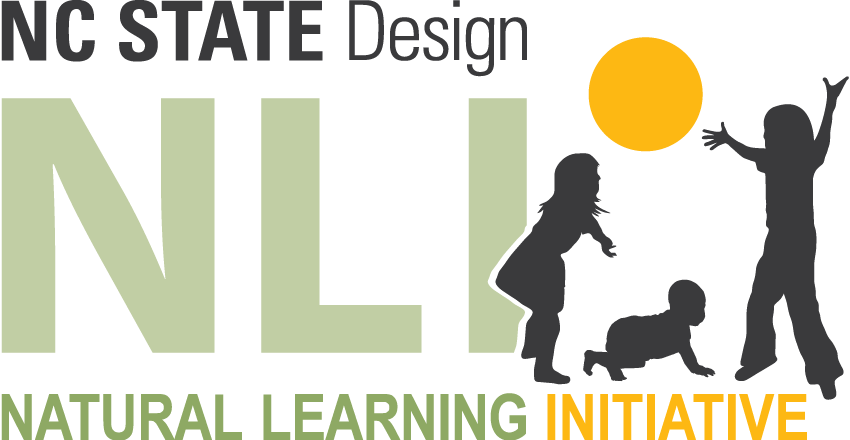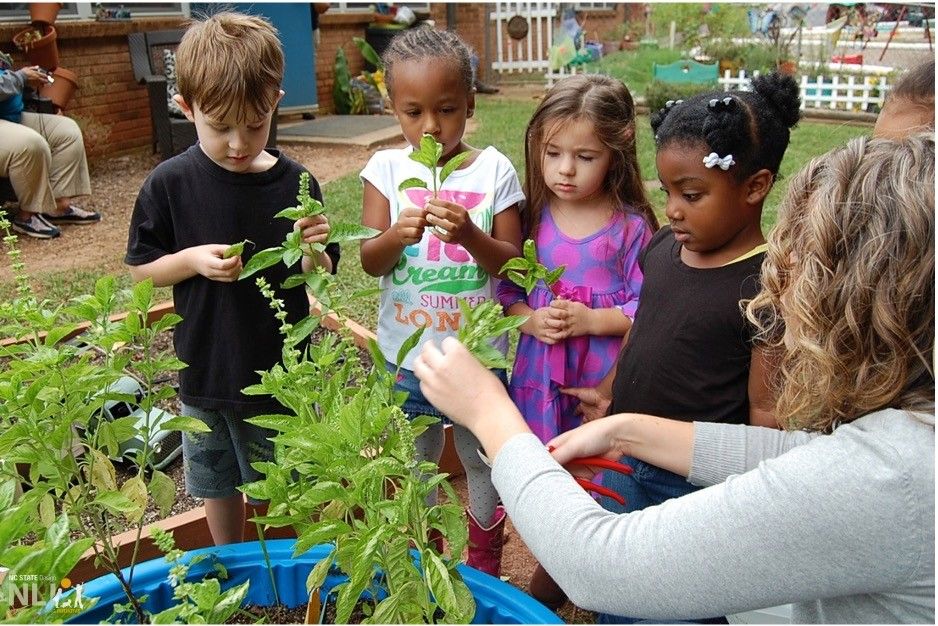Publications
How Cities Use Parks to Help Children Learn
Author: Moore, Robin.
Childhood is a holistic process, different for each individual child. Many children do not learn effectively exclusively within a classroom. They need alternative, hands-on learning environments to match their varied learning styles. Test-driven education mandates often do not emphasize children’s emotional and social needs and opportunities for creativity. This limits the development of unique talents and the fulfillment of individual lives, and deprives society of practical, problem-solving intelligence.
City parks, greenways, and naturalized school grounds can be a crucial antidote to these unhealthy trends.They can motivate young people to learn through the natural environment (which includes learning about the natural environment), bringing environmental education into the mainstream of state-mandated instructional programs. The informal learning, non-formal programs, and formal instruction associated with parks can reinforce each other, enhancing academic achievement.
In City Parks Forum Briefing Papers, American Planning Association, 2003


